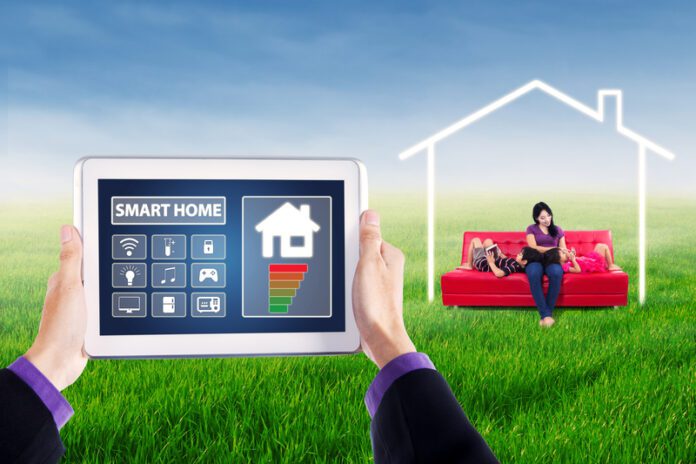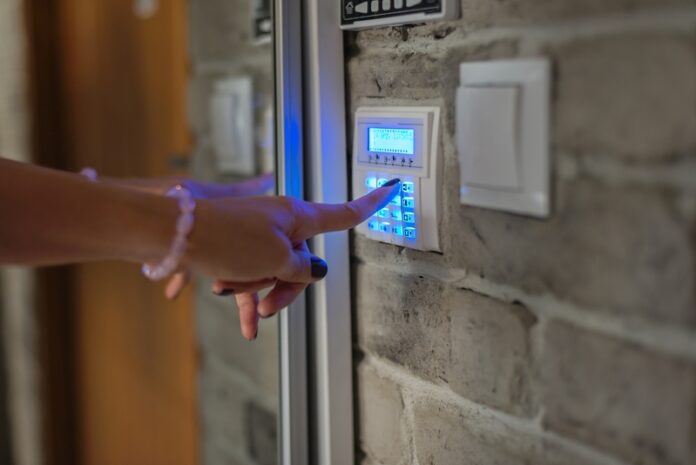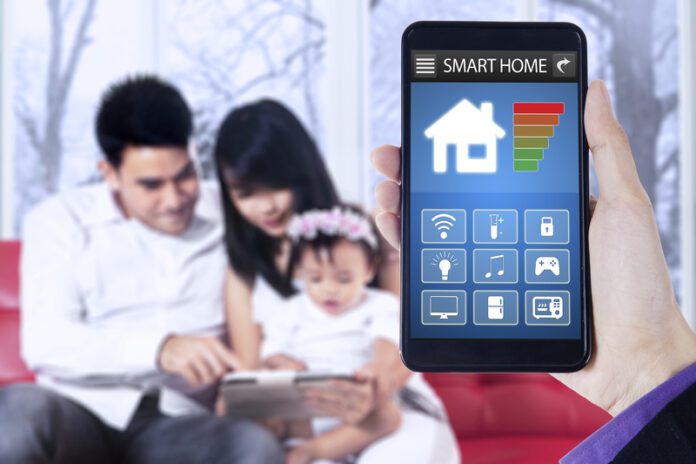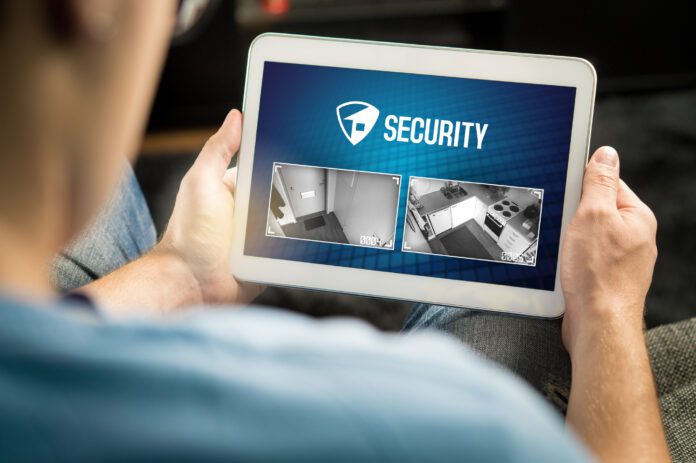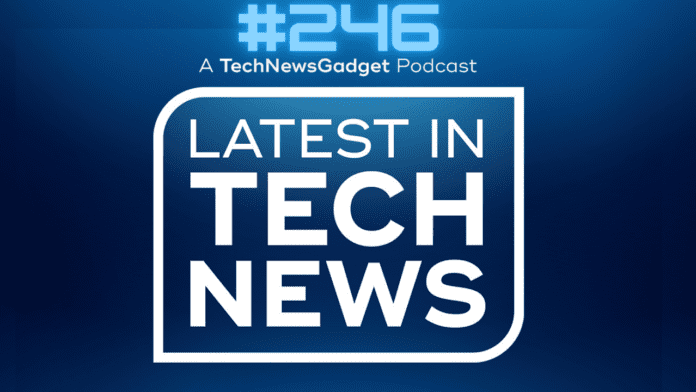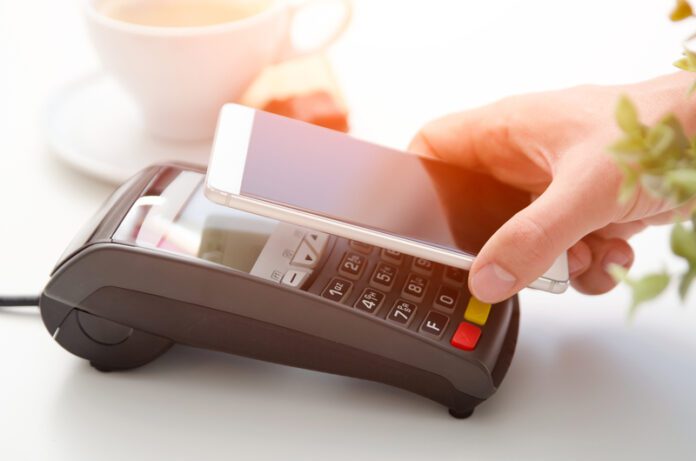In an era where technology is rapidly evolving and driving significant changes in the business world, the transition to a software-driven approach is not just beneficial; it’s essential for staying competitive. For technology enthusiasts and professionals, understanding the impact of this shift is crucial. Software-driven businesses leverage technology to streamline processes, enhance efficiency, and offer better customer experiences. We will delve into the key benefits of making your business software-driven, focusing on automation, organization, and cost savings.
Automation
The power of software lies in its ability to automate complex and repetitive tasks. Automation, when implemented through software, transforms the operational landscape of a business. It reduces the need for manual intervention in processes such as data entry, customer service, and even some aspects of decision-making. This shift not only saves time but also minimizes the likelihood of human error. Software-driven automation can cover a wide array of business functions. From managing customer relationships and handling inventory to executing marketing campaigns and analyzing data, software tools offer businesses the ability to automate these processes seamlessly. Automation ensures consistency in operations, providing a stable and reliable framework upon which businesses can grow and adapt. In the long run, this leads to increased productivity, allowing employees to focus on more strategic, creative tasks that require human insight.
Organization
A well-organized business is a hallmark of efficiency and effectiveness. Software plays a pivotal role in achieving this organization. It offers tools for managing various aspects of a business – from project management and scheduling to resource allocation and performance tracking. Organization can help make your business more efficient and lean. With the right software, every element of the business can be neatly organized and easily accessible, turning chaos into order. Software-driven organization extends beyond mere file storage or data management. It encompasses the integration of different business processes and systems into a cohesive, streamlined operation. This integration ensures that all departments and teams within a business are working from the same page, greatly enhancing coordination and reducing bottlenecks. Furthermore, a software-driven approach to organization provides valuable insights through data analytics, helping businesses to make informed decisions and strategize effectively.
Cost Savings
One of the most compelling benefits of transitioning to a software-driven business model is the potential for significant cost savings. Software lowers labor costs by automating and organizing business processes. Additionally, software solutions often lead to reduced errors and inefficiencies, which can be costly in both time and resources. Software also provides tools for better resource management. This includes optimizing inventory levels, reducing waste, and improving energy efficiency. Moreover, the scalability of software solutions means that businesses can adjust their operations according to current needs without the expense of major infrastructure changes. The initial investment in software can be quickly offset by the long-term savings it generates, making it a cost-effective choice for businesses looking to maximize their resources.
Embracing a software-driven approach is no longer an option but a necessity for businesses aiming to thrive. The benefits of automation, organization, and cost savings are clear indicators of how software can transform a business. As technology continues to advance, the potential of software-driven solutions will only expand, offering businesses new ways to innovate, compete, and succeed.
Did You Enjoy Reading This Article? Here’s More to Read: Technology Your Business Needs for Customer Support













